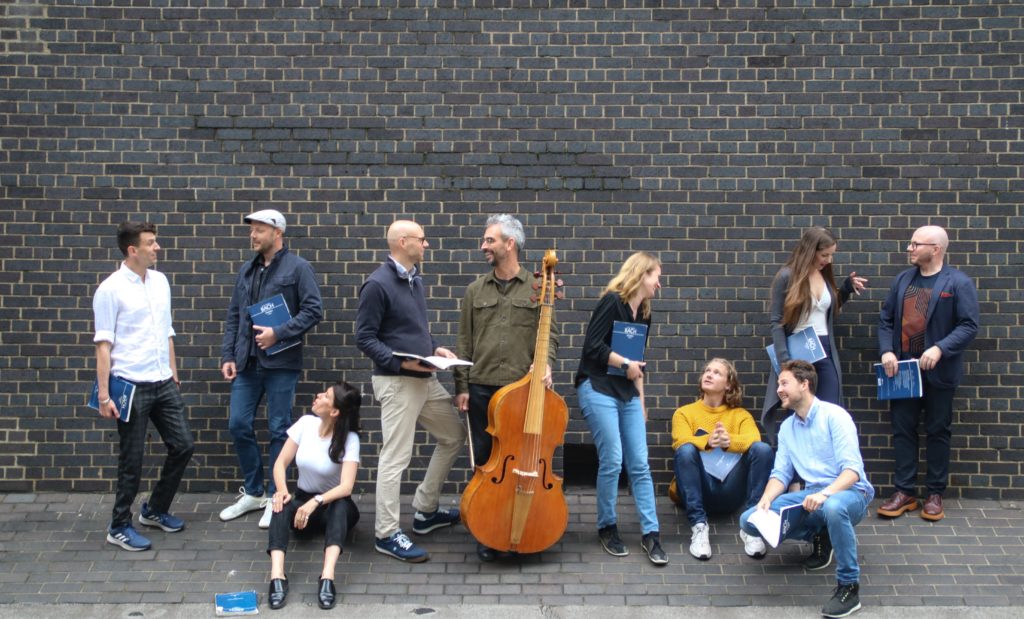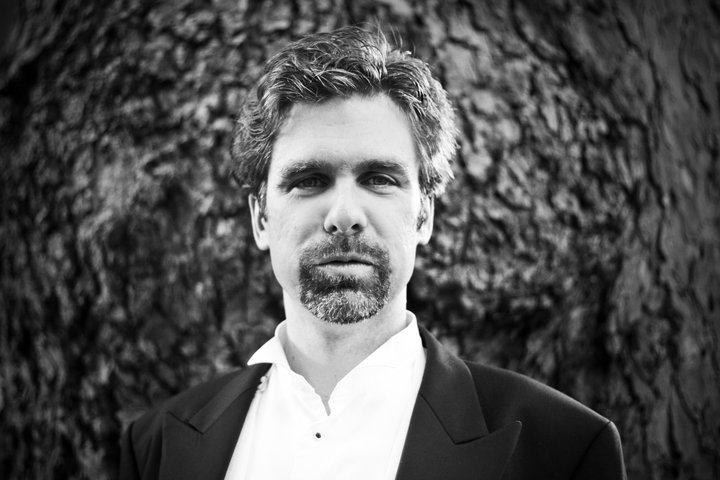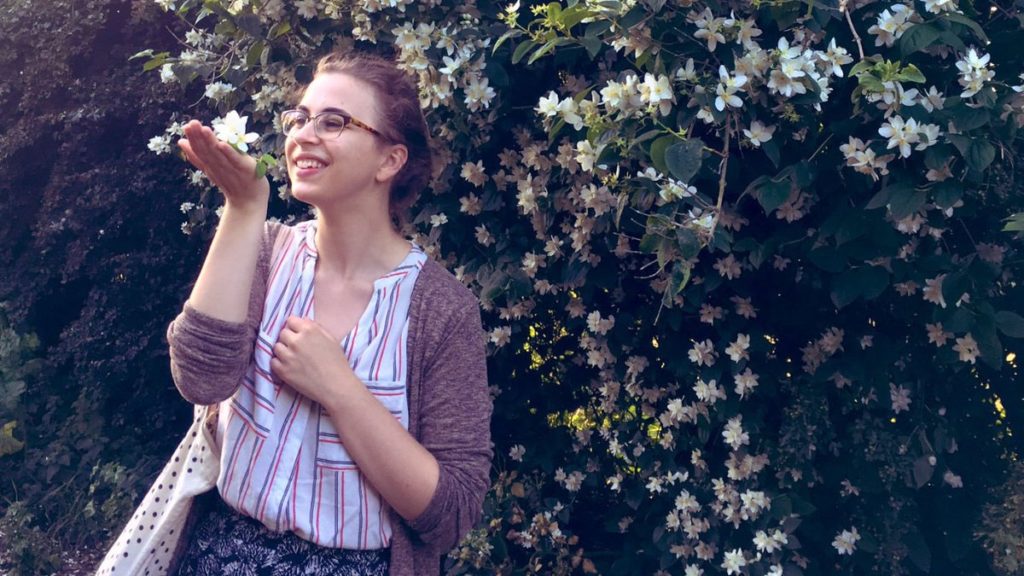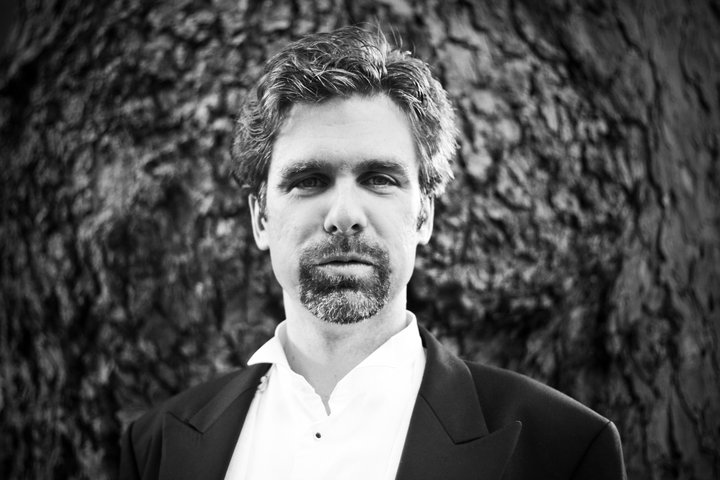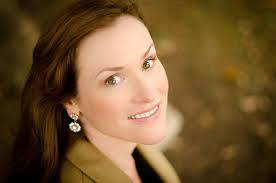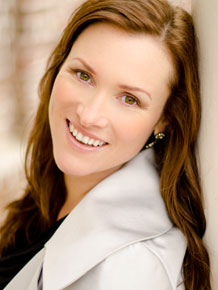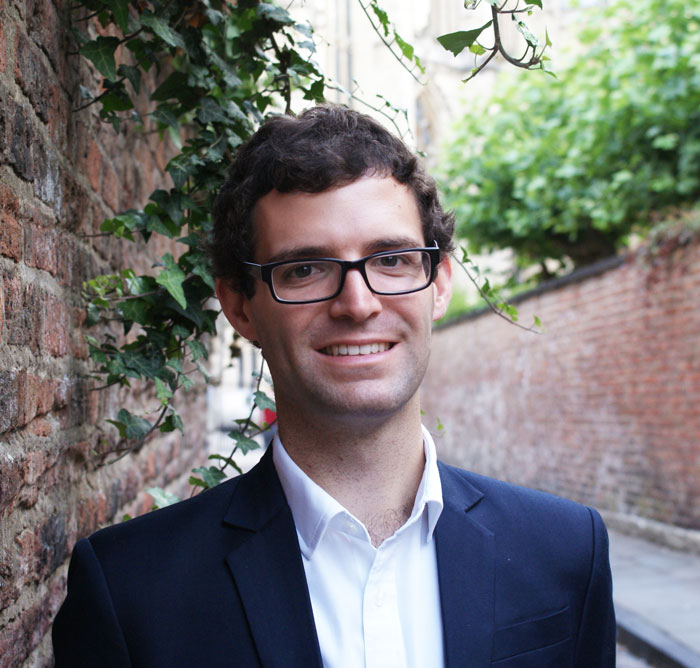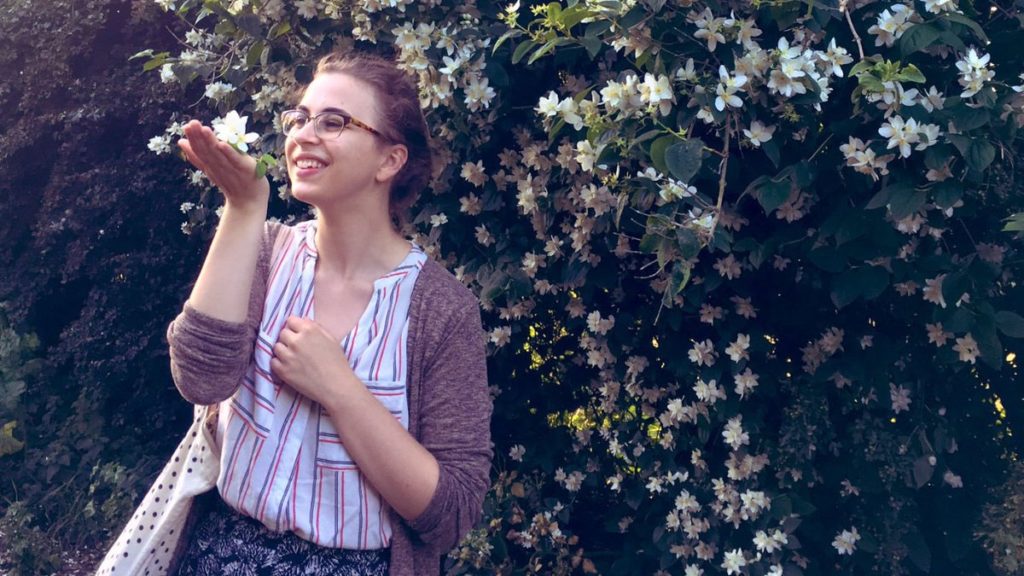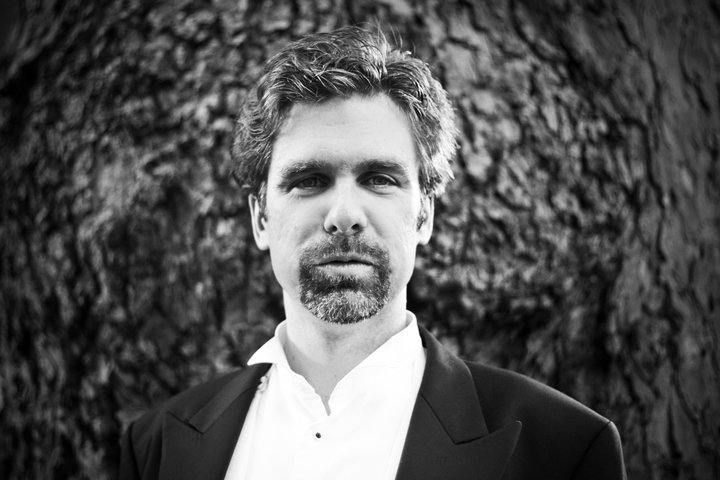
DVORAK’S Deum dispenses with the sober, contemplative settings associated with the standard Latin text in favour of optimism, of celebration.
The York Musical Society’s performance really did capture that all-important festive splendour. A forceful hello from the timpani set the mood of driving energy and melodic invention. The contrasting Sanctus featured a delightful soprano solo from Anita Watson; richly romantic and a lovely tone.
The movement returns to the energetic Allegro moderato before crashing headlong into the serious world of the Tu Rex Gloriae, Christe. Bass-baritone Alex Ashworth delivered a convincing sombre performance dripping with appropriate gravitas. Fine brass support.
To be sure, I heard the distinct Czech folk music-inspired melodies, but the overwhelming mood was of a music written to appeal to a new audience, America – upbeat vocal lines, funky rhythms and percussion. I was even reminded, particularly in the Vivace third movement, of John Adams’s Short Ride in a (spiritual) Fast Machine. Maybe.
Next up was Brahms’s terrific thank-you note to the University of Breslau (which had bestowed an honorary doctorate on the great man), the Academic Festival Overture. I love the letter of request from conductor Bernard Scholtz, which said: “Compose a fine symphony for us! But well-orchestrated…not too uniformly thick!”
Whether the conductor was referencing the orchestral texture or the academic limitations of the student faculty, remains uncertain. Anyway, back to the review.
The YMS Orchestra’s performance of the work sparkled with energy and delight – as well as displaying some considerable technical skill. They caught the humour, not a quality usually associated with the composer, particularly in his use of the popular student drinking songs. We had the hilarious buffo bassoons and a brilliantly inebriated Gaudeamus Igitur conclusion. So maybe we do have the answer to the earlier conundrum. Much credit here must go the clear direction of conductor David Pipe.
The second half of the programme was dedicated to Brahms’s magnificent Ein Deutsches Requiem. And very good it was too. The orchestra conveyed the all-important serenity of the opening scene. As ever, I was struck by Brahms’s inspired orchestration that leaves out the violins, clarinet and trumpets, thus resulting in a rich texture of divided violas and cellos.
The chorus entry was nicely balanced, singing a text that addresses the forces of life rather than death. There were some fine flute and oboe contributions and notes of optimism delivered by the harp arpeggios towards the end of the movement.
The second movement, however, is a musical meditation on mortality (“For all flesh is grass…”), patience (“unto the coming of the Lord”), the omnipresence of God and the Christian theme of hope and redemption (although there is no actual reference to Christ in the text for the Requiem).
The choir really delivered the burst of sunshine (“Aber des Herrn Wort bleibet in Ewigkeit”) – committed, good diction, and the orchestral tone painting of the pitter, patter “evening” rain drops – flute, harp and pizzicato violins – was spot on. Indeed, the gentle coda – trumpets and timpani – was quite magical.
But it is the gorgeous Bb minor (I think) opening that always does it for me. I know it is designed to be world-weary, maybe with a touch of “heavy burden” thrown in, but yet again I found it so seductive, so sensuous and the timpani and brass climax so satisfying.
The third movement saw Alex Ashworth deliver a very persuasive baritone solo, asking, or rather, imploring God to “know mine end…”. This leads to a demanding choral fugue. I thought the choir rose to the challenge with real energy.
The chorus “Wie lieblich sind deine Wohnungen” was very touching, as was the gesture of returning the conductor’s baton before the movement began. Soprano Anita Watson delivered a moving solo in “Ihr habt nun Traurigkeit”; so full of warmth and humanity. The closing “Ich will euch trosten, wie einen seine Mutter trostet” nearly drew a tear from my eye. Nearly.
The climatic sixth movement saw Alex Ashworth brilliantly lead the chorus through this most dramatic of movements. It culminated in a somewhat forced chorus demanding “Death where is thy sting”, followed by vigorous charging strings directly into the famous C major (the key of enlightenment) fugue.
The singing was again full-on committed, but the utterly uncompromising demands made on the singers, and the sopranos in particular, began to take their toll. They sounded strained and possibly a tad exhausted.
Bear in mind, however, that there was absolutely no support from this most unsympathetic, driest of acoustics. The closing “Selig sind die Toten” provided a welcome soft landing forboth singers and audience alike.
The YMS Orchestra were splendid throughout the programme; the clarity of direction from conductor David Pipe was always clean, musical and authoritative. But the last word must go to the YMS singers and the sopranos in particular, who gave it their all.
Review by Steve Crowther


